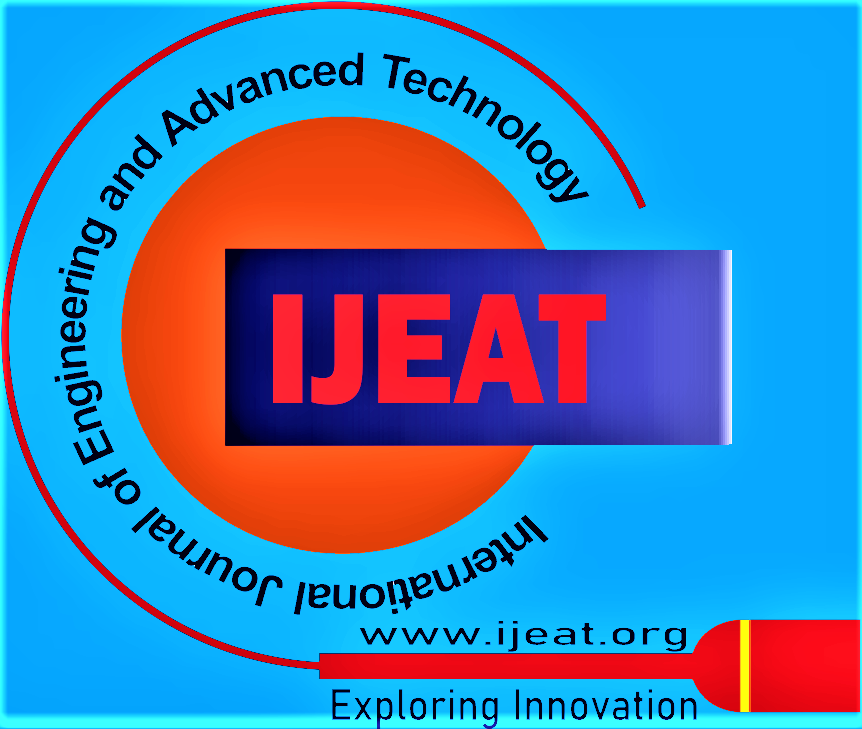Virtual Tour with Voice Assistant using Extended Reality
Main Article Content
Abstract
We are all aware that virtual reality is a new emerging technology in the modern era. Virtual reality has enormous potential across many industries like Education, Hospitality, Gaming, Army, Tourism, etc. It is the medium of creating our own world, our own customized reality. In this paper, we discussed the extended reality concepts to make the virtual tour of the college campus with real voice assistant service that based on IoT concept. It is the key to experiencing, feeling and touching the college premises, using VR Technology. With this project any of guests want to visit the college premises, He/She can do virtually with our assistant service. In hectic schedules, colleges are facing difficulties during visiting the college to the parents because all faculty members have their other work to do. With this problem, the virtual tour is a solution. So we make the virtual tour with unique voice assistant facility on the concept of IoT technology which will provide the information regarding the place where the visitor will enter for visit by the help of VR Headset.
Downloads
Article Details
Section

This work is licensed under a Creative Commons Attribution-NonCommercial-NoDerivatives 4.0 International License.
How to Cite
References
Dr.Senthil Kumar.M, 2Vigneshwaran K, 3 Veeraragavan S, 4 Vasanth T, VIRTUAL TOUR FOR COLLEGE VISITORS.
Handore, A., Suryawanshi, Y., Shaikh, A., Ahire, U. and Patil, C., Virtual Reality Based Virtual Tour of College Using Unity 3D.
Cabibil, Nizle& Jr, Antonio &Obero, Kezia& Arroyo, Jan Carlo &Delima, AllemarJhone. (2020). MuseoDabawenyo: An Interactive Virtual Reality Museum Application using Unity. International Journal of Advanced Trends in Computer Science and Engineering. 9. 3556-3562. 10.30534/ijatcse/2020/161932020.
K.Medrano, R. Tejada and B. González, "Development of a computer platform for the enrichment of cultural environments using VR and AR," 2021 IEEE Latin American Conference on Computational Intelligence (LA-CCI), Temuco, Chile, 2021, pp. 1-6, doi: 10.1109/LA-CCI48322.2021.9769849.
L. F. Aguas, R. Coral, F. D. Morales and R. M. Toasa, "3D Modeling for virtual tour of a Higher Education Institution," 2022 17th Iberian Conference on Information Systems and Technologies (CISTI), Madrid, Spain, 2022, pp. 1-5, doi: 10.23919/CISTI54924.2022.9820366.
Zhan T, Yin K, Xiong J, He Z, Wu ST. Augmented Reality and Virtual Reality Displays: Perspectives and Challenges. iScience. 2020 Aug 21;23(8):101397. doi: 10.1016/j.isci.2020.101397. Epub 2020 Jul 22. PMID: 32759057; PMCID: PMC7404571.
Xiong, J., Hsiang, E.L., He, Z., Zhan, T. and Wu, S.T., 2021. Augmented reality and virtual reality displays: emerging technologies and future perspectives. Light: Science & Applications, 10(1), p.216.
N. Elmqaddem, “Augmented Reality and Virtual Reality in Education. Myth or Reality?”, Int. J. Emerg. Technol. Learn., vol. 14, no. 03, pp. pp. 234–242, Feb. 2019.
Rojas-Sánchez, M.A., Palos-Sánchez, P.R., & Folgado-Fernández, J.A. (2022). Systematic literature review and bibliometric analysis on virtual reality and education. Education and Information Technologies, 28, 155 - 192.
Hussain, Afzal & Shakeel, Haad & Hussain, Faizan & Uddin, Nasir & Ghouri, Turab. (2020). Unity Game Development Engine: A Technical Survey. University of Sindh Journal of Information and Communication Technology. 4.
Cosmina, Cosmina. (2018). A Glance into Virtual Reality Development Using Unity. Informatica Economica. 22. 14-22. 10.12948/issn14531305/22.3.2018.02.
“Design and Analysis of Raspberry Pi Based Voice Communication System” Volume 4, Issue 6,June-2022, pp: 816-824 in International journal of Advances in Engineering and Management (IJAEM) ISSN: 2395-5252.





